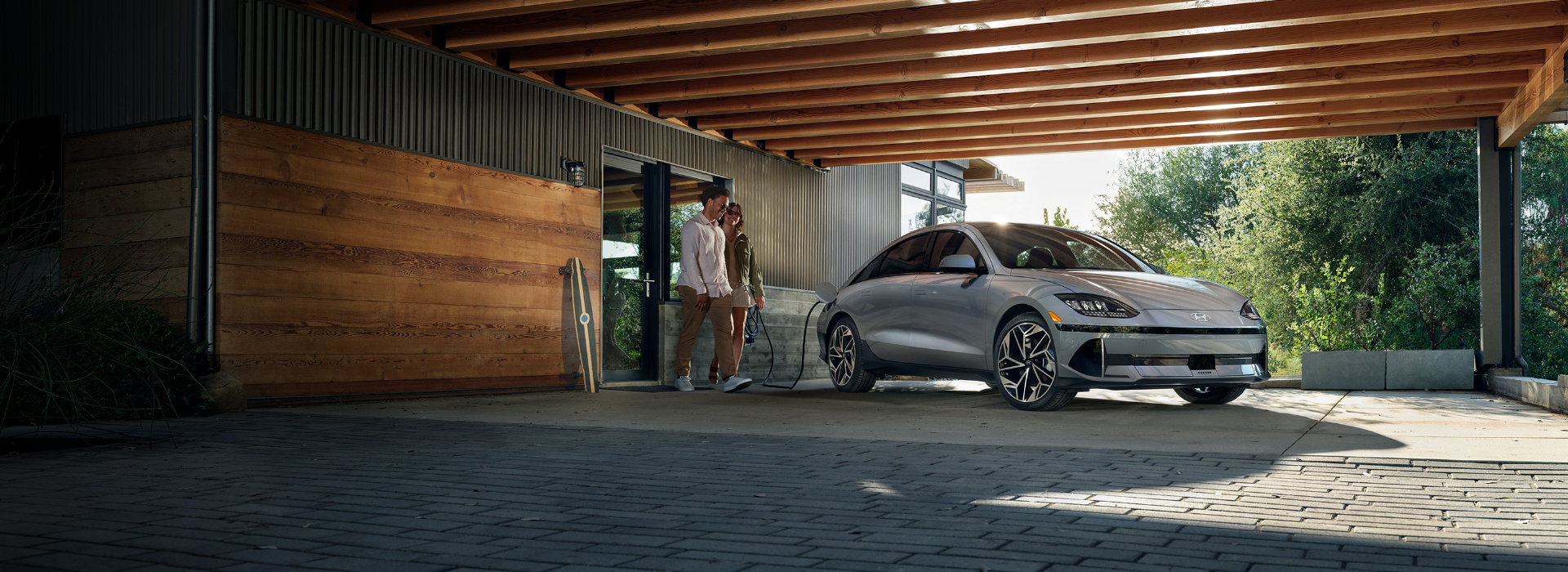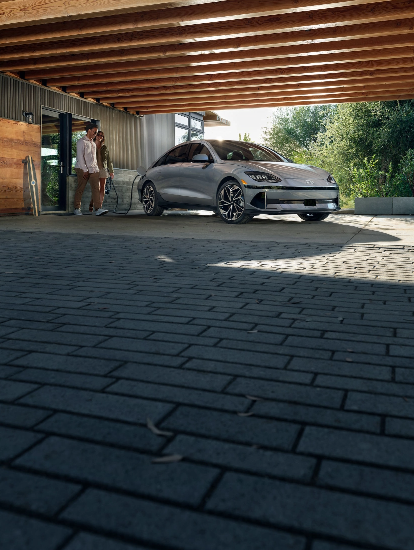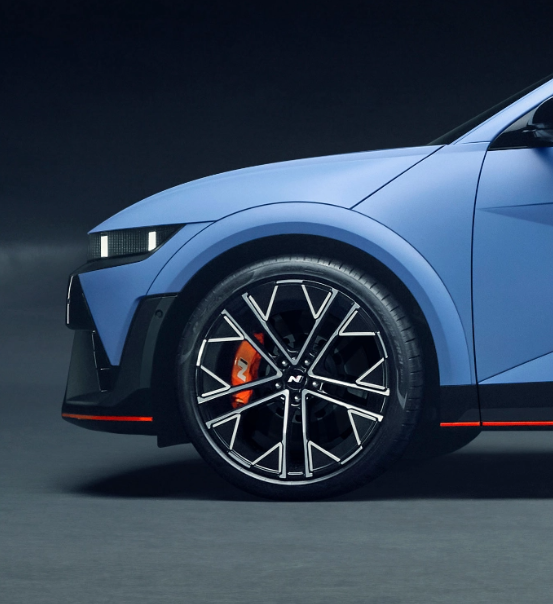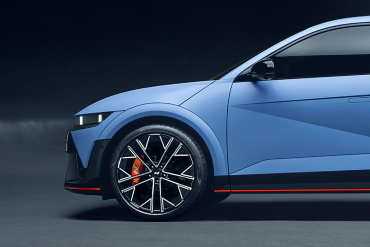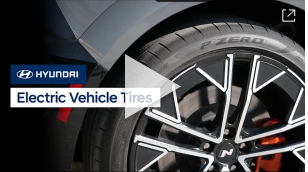Give us a buzz for expert EV service.
Yes, electric vehicles DO need regular maintenance. Although some services are unique to electric vehicles, there are many maintenance needs that EVs share with their gas-powered counterparts. Make sure you see our factory-trained technicians for the important EV services below.
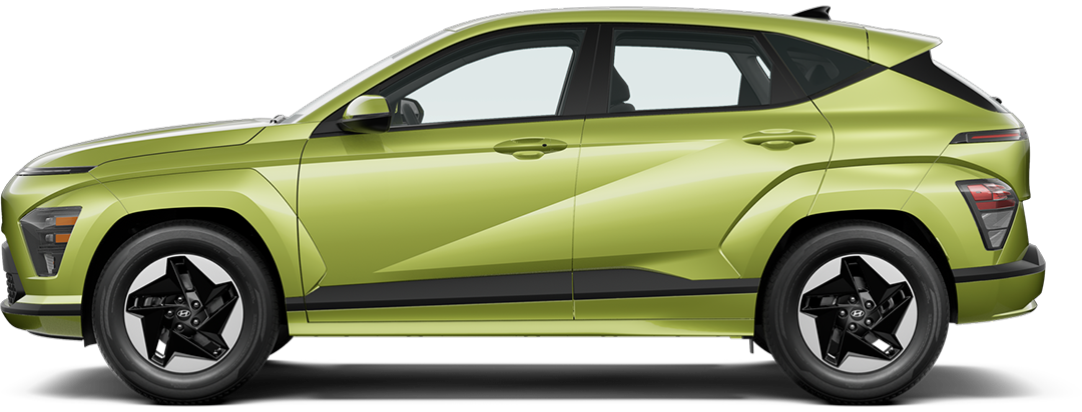
Battery Inspections
It’s what moves you, so make sure your EV battery is operating and charging properly.
EV Fluids
Needed for wipers, brakes, reduction gear fluid, and coolant.
eMPI
Ensure your EV-specific parts and systems are in optimal working order.
Tires
Handle the extra weight and power for proper performance and safety.
Get the right tires
for your EV.
Purchase your Hyundai EV tires from the car care experts and have them installed by factory-trained technicians who know your Hyundai EV best. Don’t wait — contact your local Hyundai dealer today.



